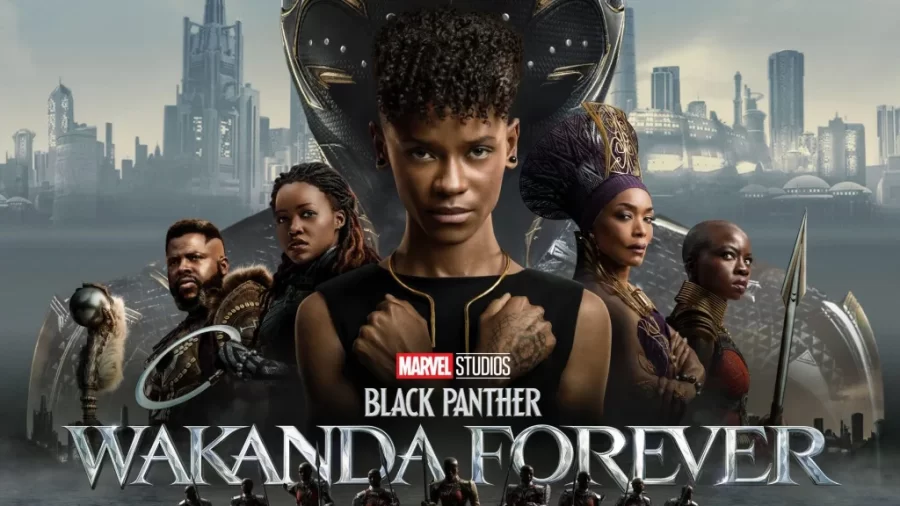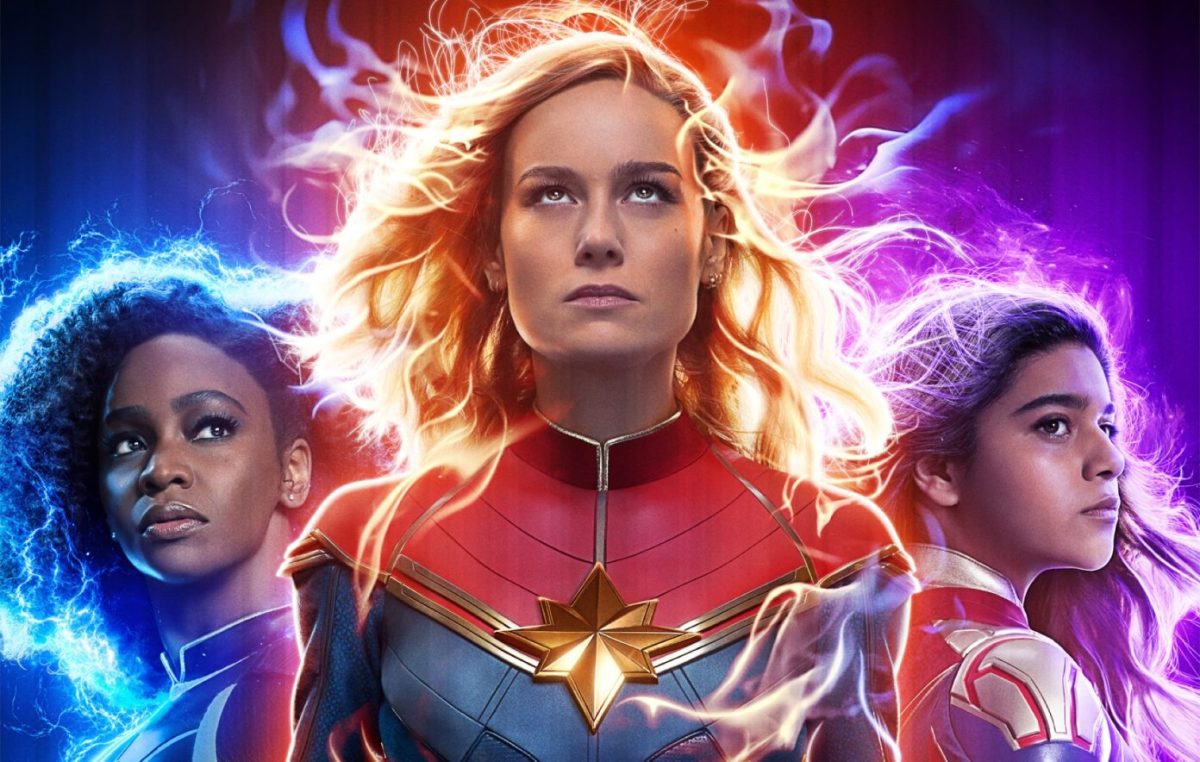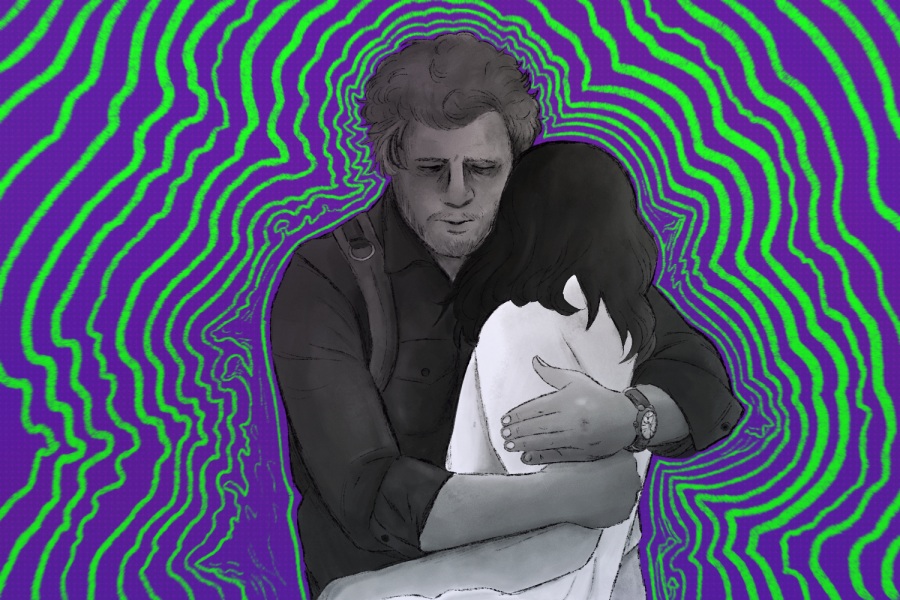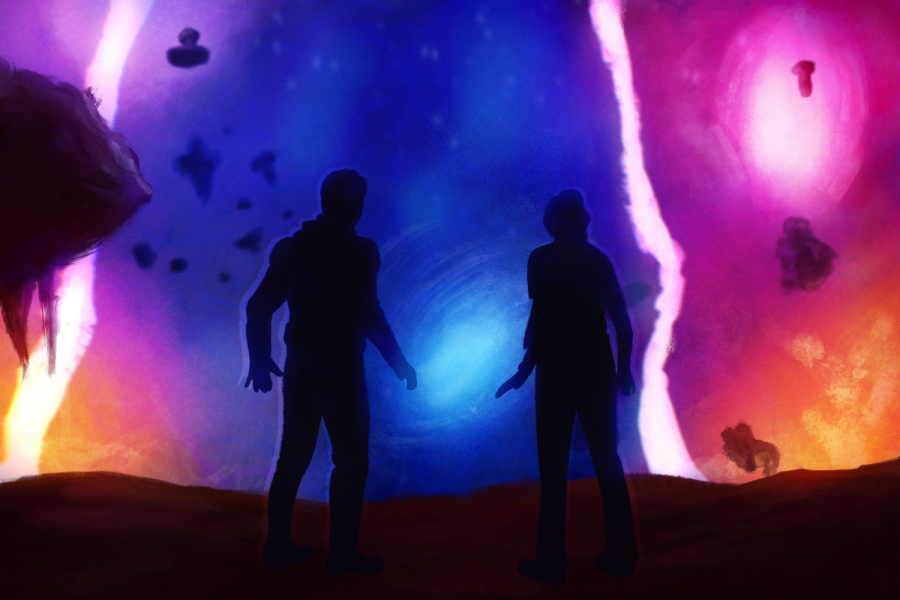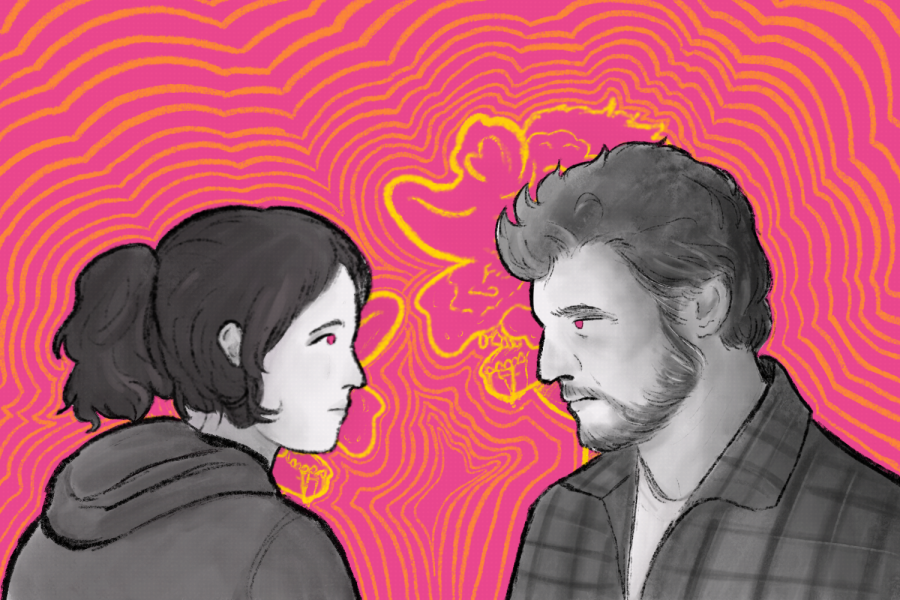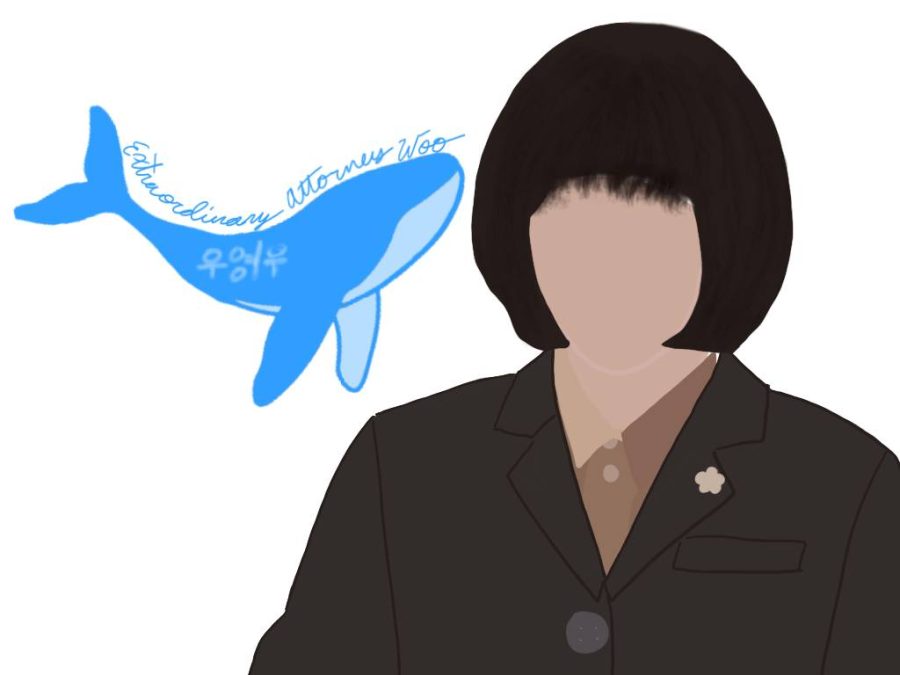Four years ago, Marvel fans found an inspirational hero in Chadwick Boseman’s T’Challa, who played the role of a king and warrior trying to save his nation and world. When colon cancer claimed this budding star, the world grieved this cultural icon. Never again would T’Challa appear on screen with his bright future and potential story arcs.
But Boseman’s death shook more than just the Black Panther franchise. It served as a reminder of the fleeting state of life and that our heroes can die at any moment. By making this theme a central piece of ‘Wakanda Forever,’ the movie succeeded in telling the story of Black Panther without cheap subversions of Boseman’s death.
Prior to the movie, there were many concerns over how Marvel studios would choose to fill the mantle of the Black Panther. Ramonda was a wise, compassionate queen who didn’t fit the warrior role. Shuri was a comedic side character; it didn’t make sense for her to be a ruler. Although some fans enjoyed thoughts of molding characters like M’Baku and the deceased Killmonger into the next panther, it just seemed like a cheap way of getting around Boseman’s death.
But ‘Wakanda Forever’ did not try to subvert Boseman’s death to push the plot forward. His passing defined each character, and the movie succeeded against all odds by telling a heart-wrenching story of grief and pain.
[spoilers ahead]
After K’uk’ulkan kills Ramonda, Shuri’s arc contributes to themes of grief as she has now watched the last four leaders of Wakanda die in recent years and becomes the Black Panther to exact vengeance on the Tanokanil. But when she has K’uk’ulkan at her mercy, she spares his life realizing endless war will not heal her wounds. This story was a fitting representation of the effect of loss and the grieving process.
‘Wakanda Forever’ did not happen despite Boseman’s untimely death; it happened because of it. Shuri is defined by the Black Panther’s passing and her growth to fit the role forced upon her seemed natural as a flawed hero struggling with her brother’s death and trying to fill big shoes she doesn’t feel she deserves.
There were contentions that K’uk’ulkan was a poorly done villain whose relationship with Shuri resembled Killmonger’s role to mirror T’Challa. But he is used to juxtapose Shuri’s disbelief in hope after her brother’s death. Just like Wakanda suffers from the recent death of its leader, K’uk’ulkan carries the scars of colonization and the loss of his homeland. He taught Shuri that living without love will cause blind vengeance, not resolution.
Beyond the storyline, the acting and effects were also on point. Letitia Wright (Shuri) and Angela Basset (Ramonda) had stunning performances that made watchers feel anguish and struggle to stay strong despite the pain of loss. Unlike recent disappointing Marvel additions, more work went into the imagery and effects. The city of Talokan and the Talokanil’s unique culture was stunning. K’uk’ulkan had a striking way of flying and fighting that spiced up any scene.
Yet ‘Wakanda Forever’ was not perfect. Although Shuri’s storyline was compelling, some side stories seemed like Marvel was just trying to promote future films.
Too much of the movie follows Everett K. Ross, an American who tries to protect Wakanda from the FBI. In a fight between Wakanda and Talokan, it seemed weird that America had such a significant role. Riri Williams, or Iron Heart, also enjoys lots of screen time. These stories do not advance the plot of ‘Wakanda Forever’ and left me waiting for the main show to return.
However, ‘Wakanda Forever’ was still a visual masterpiece despite all odds. It earned a 94% audience rating on Rotten Tomatoes and a 7.3/10 on IMBD. In my opinion, this movie was the best Marvel film in recent years, and I give it a score of 9/10. It perfectly opened the way for future Black Panther movies while paying homage to Boseman.

